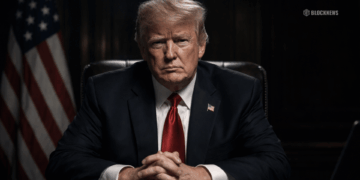- A Bloomberg article alleged exposure between stablecoin provider Tether and the now-collapsed Signature Bank,
- The stablecoin provider denied the allegations that began to surface regarding its exposure to the now-collapsed Signature Bank.
- More rumors of Tether (USDT) provider faking documents and invoices according to the Wall Street Journal.
After a Bloomberg article alleged exposure between stablecoin provider Tether and the now-collapsed Signature Bank, rumors began to circulate regarding the involvement between the two companies.
However, Tether immediately reached out to clarify the claims made in the original article. Among many outlets, Tether gave an official response to the situation in which it said it wants to “unequivocally re-iterate that it has no exposure to Silvergate, Silicon Valley Bank, and Signature Bank.”
The stablecoin issuer highlighted a section of the article that pointed out no issue of a collaboration between Tether and Signature Bank and that it “failed” to explain that there was no account set up.
Initial claims in the article said that Tether was gaining access to the United States banking system through Signature by encouraging users to send U.S. dollars via Signature’s Signet to its Bahamian partner, Capital Union Bank.
These claims from Bloomberg surfaced even though Tether chief technology officer Paolo Ardoino took to Twitter on March 12 to clarify that the company had zero exposure to Signature Bank. On March 2 and 10, he tweeted that the company had no exposure to Silvergate and Silicon Valley Bank (SVB), respectively.
At the recent Paris Blockchain Week 2023 event, Ardoino said that Tether has around $1.7 billion in excess reserves. He continued to call Tether (USDT) one of the “safest assets to hold in the world” after the banking crisis.
This comes after Tether returned to The Wall Street Journal’s “stale allegations” on March 3 that the company faked documents to open bank accounts. The report alleged that Tether misrepresented sales invoices and transactions and hid behind third parties to have opportunities to open bank accounts it couldn’t have otherwise.














